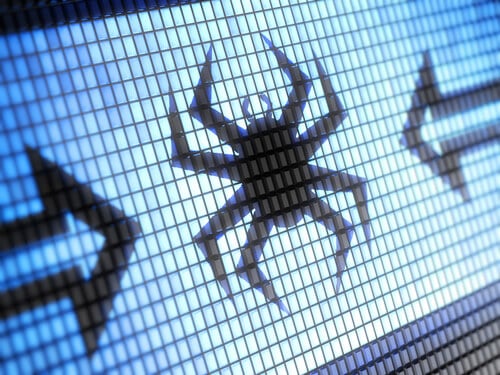The United States and the United Kingdom have leveled fresh accusations of malicious cyber activity by Chinese state-affiliated hacking groups, marking an escalation of tensions between the Western powers and Beijing over cybersecurity issues.
In coordinated actions on March 25th, the U.S. Treasury sanctioned a Chinese tech company and two individuals tied to the notorious APT31 hacking group. According to the Treasury press release, APT31 has "targeted a wide range of high-ranking U.S. government officials and their advisors integral to U.S. national security," as well as businesses across critical infrastructure sectors like defense, IT, and energy.
"The United States is focused on both disrupting the dangerous and irresponsible actions of malicious cyber actors, as well as protecting our citizens and our critical infrastructure," stated Treasury Under Secretary Brian Nelson. The U.S. Department of Justice also unsealed indictments charging seven Chinese nationals associated with APT31.
Echoing the U.S. moves, the U.K. government announced sanctions against the same Chinese tech company and individuals "for malicious cyber activity targeting officials, government entities, and parliamentarians in the U.K. and internationally."
Foreign Secretary Lord Cameron declared it "completely unacceptable that China state-affiliated organisations and individuals have targeted our democratic institutions and political processes." The U.K. claimed Chinese hackers likely compromised systems at the Electoral Commission overseeing British elections and conducted reconnaissance against British parliamentarians critical of China's actions.
In response, Chinese Foreign Ministry spokesperson Lin Jian pushed back forcefully, stating "China is a major victim of cyberattacks," and that it has "firmly fought and stopped all kinds of malicious cyber activities in accordance with the law, and advocated joint response from all countries through dialogue and cooperation."
The Chinese spokesperson called for "dialogue and cooperation" rather than "smearing other countries when facts do not exist."
The heated exchange comes amid wider tensions between the West and China over a range of economic, security, and human rights issues. It also reflects rising international concern over the cyber threats posed by state-sponsored hacking groups.
Dr. Ilia Kolochenko, CEO at ImmuniWeb, highlighted the immense difficulty in definitively attributing such attacks, calling it "a complex and time-consuming task in 2024, being a mix of art and science."
"Without frictionless collaboration between law enforcement agencies from all countries, attack attribution, prosecution, and just punishment of attackers remain highly problematic," Kolochenko warned.
He cited examples of mercenary hacking groups, individuals switching allegiances, and intentional impersonation tactics used to mislead investigators trying to tie cyberattacks to specific state-backed actors.
As the geopolitical standoff intensifies, resolving the attributional challenges through enhanced global cooperation mechanisms may be key to effectively countering the threat of malicious state-sponsored hacking. But given the diverging narratives and lack of trust between rivals like the U.S./U.K. and China, such coordination appears elusive for now.
Follow SecureWorld News for more stories related to cybersecurity.





